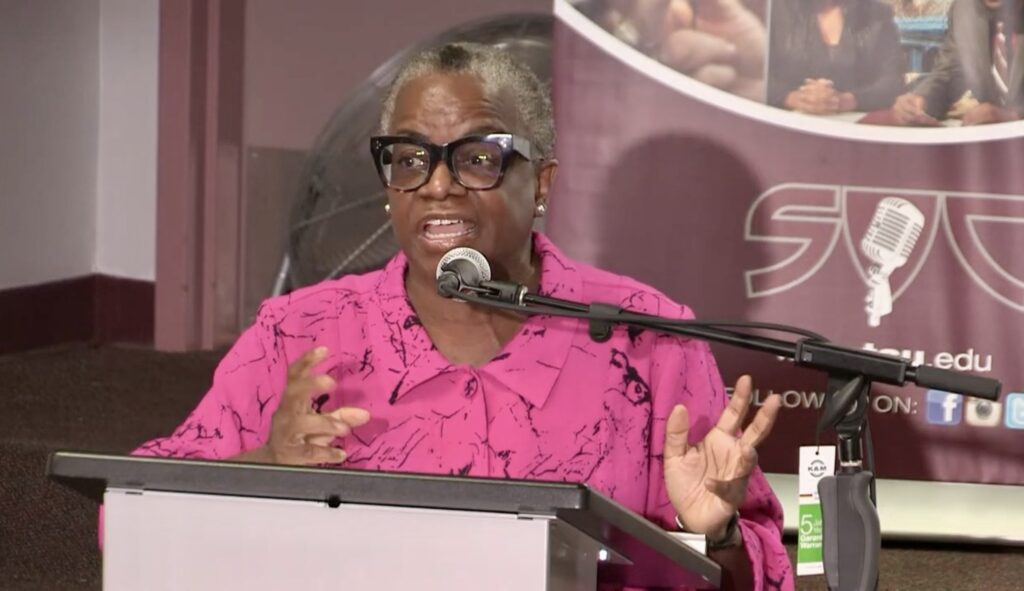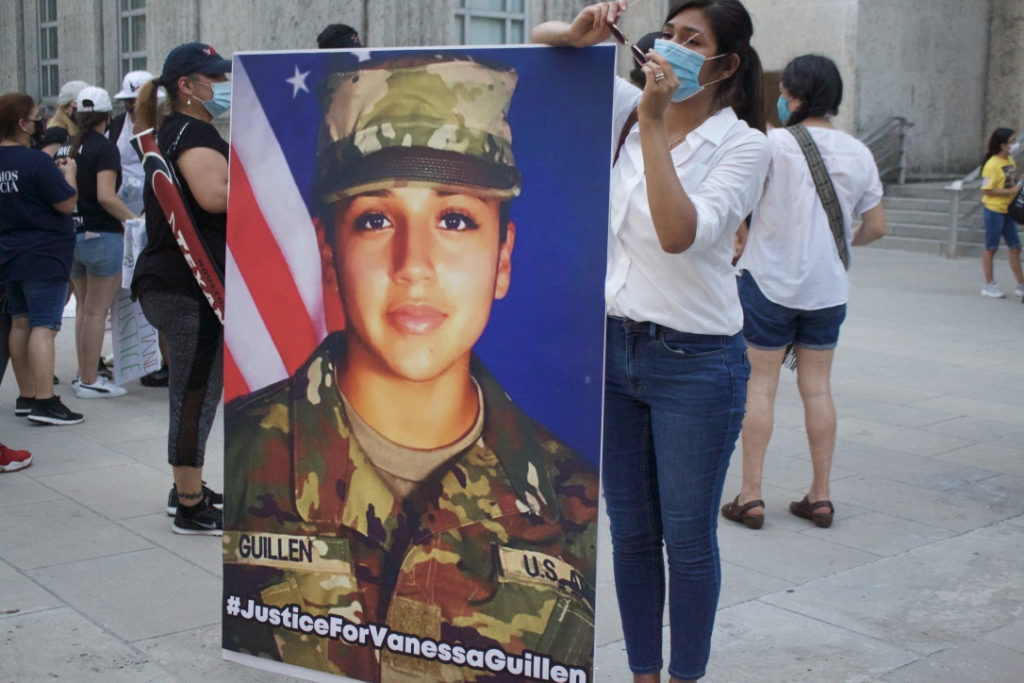TSU student caught mild case of COVID-19, but didn’t know.
Written by Isaiah Robinson on July 31, 2020
By: Isaiah Robinson
HOUSTON—Even though the first confirmed case of the coronavirus in Houston, Texas was March 4, 2020, one student from Texas Southern University revealed that he suffered from a mild case of COVID-19 for a month in December 2019 and didn’t know it.
Kameron Traylor, 21-year-old broadcast journalism major from Houston Texas, felt many symptoms of the coronavirus, but was unclear of what he was dealing with at the time.
Traylor began to feel the symptoms in late December at an anniversary dinner with his girlfriend.
“I noticed the symptoms while at my anniversary dinner with my girlfriend. While eating, I began feeling the sharp pain in my chest almost to the point where it paralyzed me for a short period of time,” Traylor said. “The pain only intensified as I kept moving.”

The symptoms Traylor felt at the time were: shortness of breath, extreme fatigue, dry cough, nausea, bad chills and constant pain in his chest.
The young college student believed he was fighting a respiratory virus or an effect from a heart surgery he had when he was a child.
“I immediately thought maybe I had a respiratory virus but the pain in my chest was new. It was the first time it had happened to me so I was scared in general,” Traylor said. “When I was an infant I had heart surgery, so when I developed chest pain, I feared that it could have been from the PDA (Patent ductus arteriosus) ligation.”
Through the agonizing conditions he felt, the worst of them all, was the excruciating pain he felt; unbearable for any human to endure.
“There was a lot of pain, I would say it’s the worst pain I’ve felt. I just remember thinking the entire time, ‘God, I can’t wait for this to be over,’ ” Traylor said. “The pain was extremely constant as almost every hour my chest would stiffen. Doctors couldn’t put together where the chest pain came in, I went through X-rays, IV’s and still no answer. The pain would come and go in about 30 minute increments every hour.”
Throughout the ordeal, Traylor visited three hospitals, Memorial Hermann Hospital, St. Luke’s Medical Center and Houston Methodist, to check with doctors for his symptoms to see what he could be the problem however, the only valid decision the medical officials could conclude to was a fractured bone from a car accident he was in a month prior.
“My doctor came to the conclusion that it was a “fractured rib” from a car accident I had a month before going to the doctor. Despite taking an X-ray on my chest and seeing nothing, I was supposed to accept that conclusion,” Traylor said.
Nevertheless, Traylor didn’t believe it could be a fractured rib because the accident didn’t explain the other symptoms he felt, but the doctors could hardly find a reason.
“I knew it wasn’t from the car accident, it wouldn’t explain the nausea or other symptoms I had, but that was the only valid option he could think of,” Traylor said. “He told me he hadn’t seen anything like this before and thought that was the reason I had chest pain due to a prolonged reaction my body had to the crash.”
The doctors prescribed him with four medications: ibuprofen and naproxen for his pain,
benzonatate for the cough and ondansetron (ODT) for his nausea.
A week after his release from St. Luke’s Medical Center, Traylor began to feel like himself again with the help of the medication and the advice from the medical officials to limit his physical activity and to stay to himself.
On April 4, Traylor’s doctors notified him that he had a mild case of COVID-19.
“It was something I didn’t even think about, but when the medical bill came,” Traylor said. “Our thoughts began to circle when my parents saw the symptoms on paper and on television,” Traylor said, “Never in my life would I have imagined to be plagued by such a disease but it happened.”
After he was told about the news, Traylor decided to get tested for the virus; two weeks later, the results came back negative.
Overall, the experience Traylor endured provided a new light on life and to be appreciative of those close to him.
“I would describe my experience as life changing,” Traylor said. “Your life can be threatened by something you can’t see and taken away by something you can’t prevent made me appreciate those in my life that helped me move past this situation more.”
If there’s any advice Traylor has for medical officials on the front line of the coronavirus pandemic, that is to provide a pain reliever for people who suffer with the same extreme chest pain he endured.
“If I had anything to recommend to the medical officials, it would be to highlight that people are dying from a painful death. Prescribing patients with a strong Ibuprofen for the chest pain is important. That is something medical officials have yet to discuss, the intensity of the chest pain,” Traylor said.






